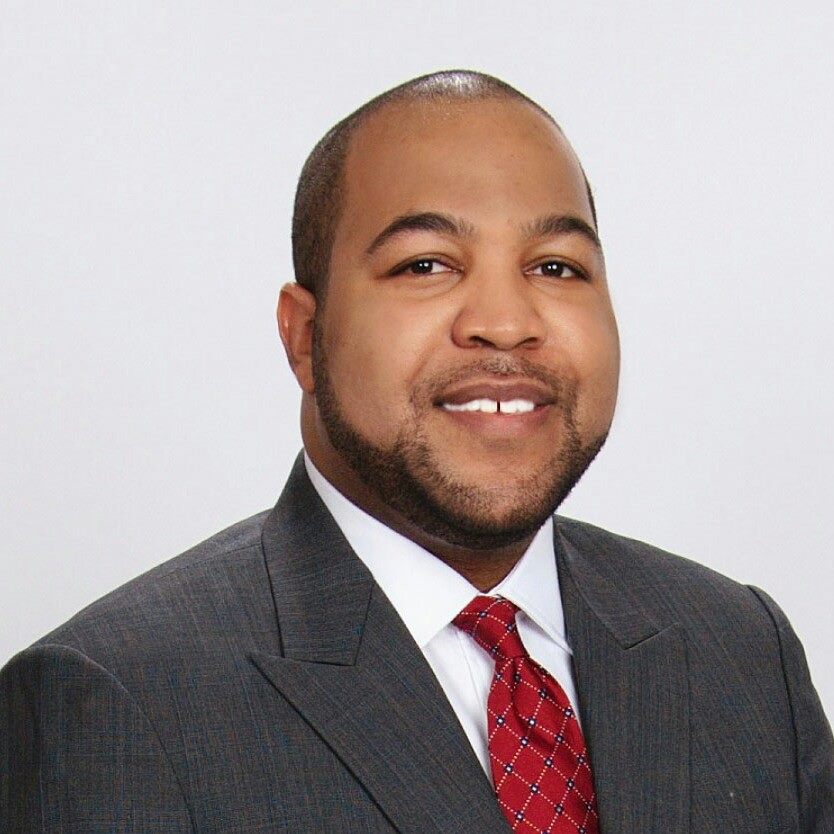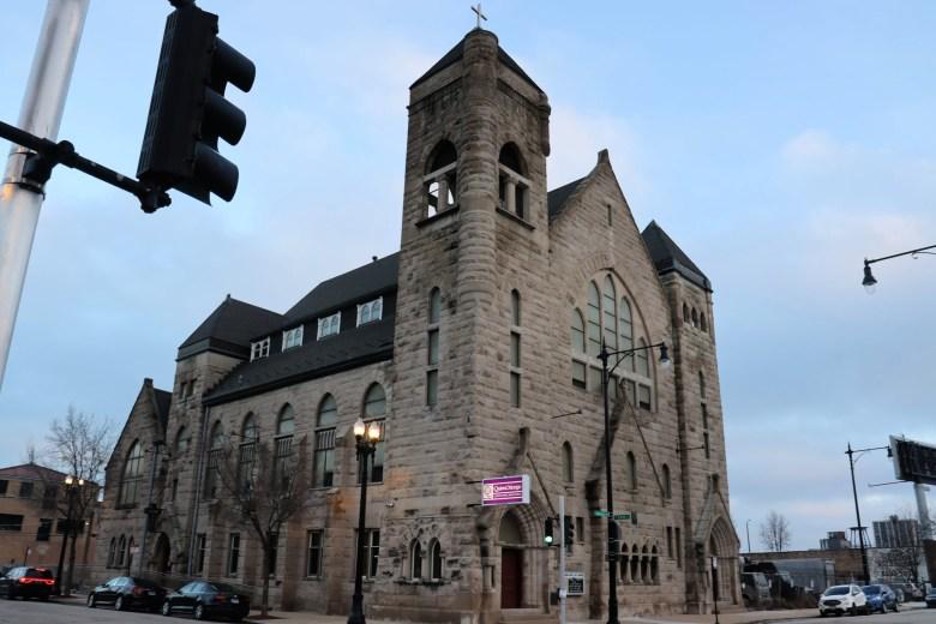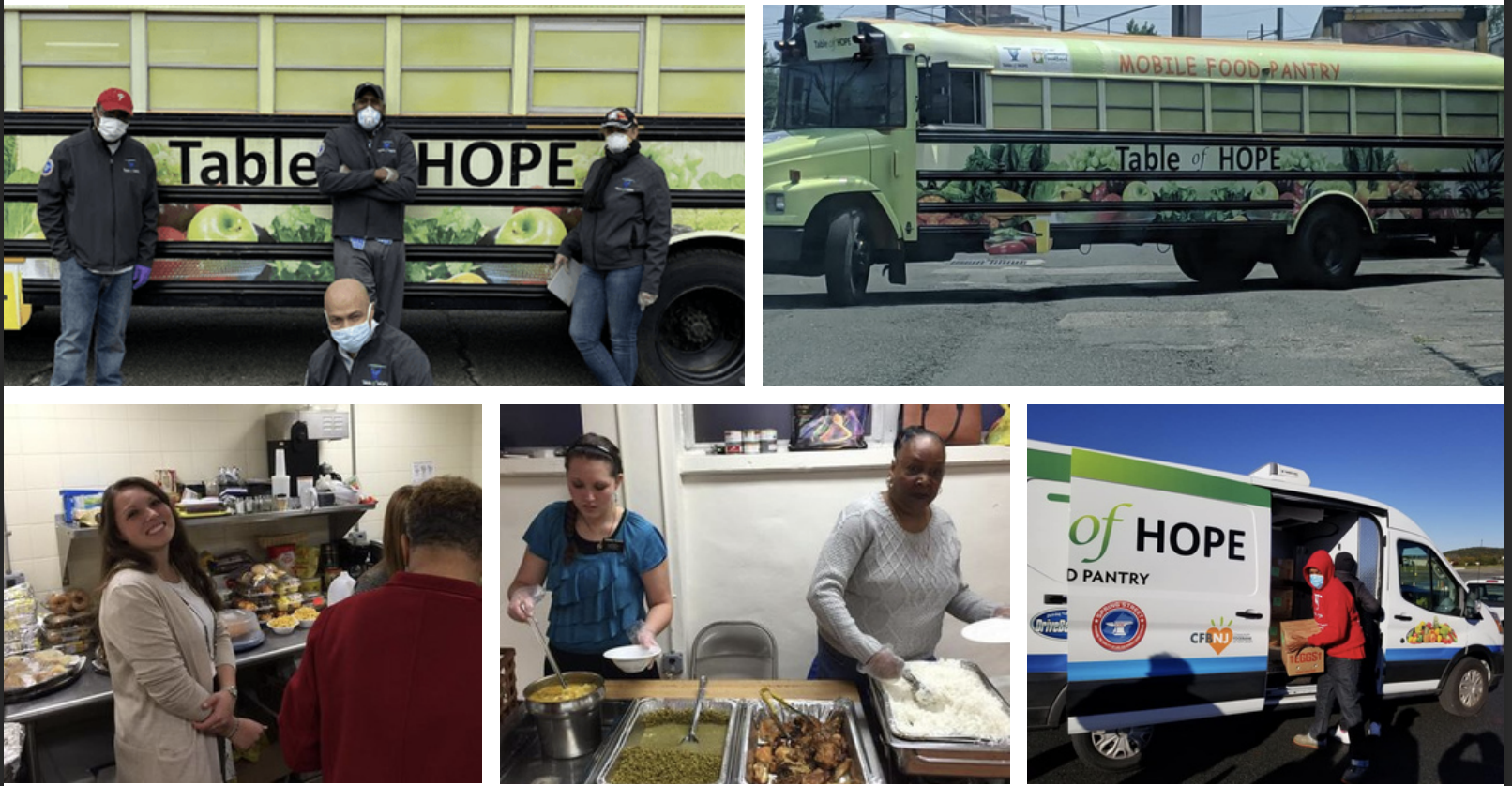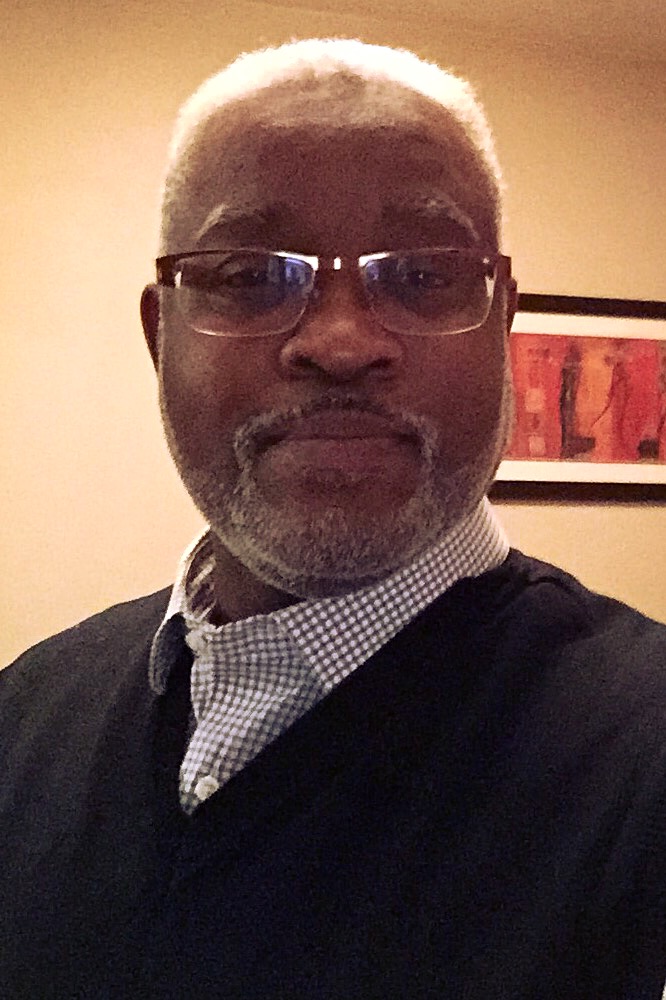After the Vote, What is Next?
By John Thomas, III
With the November 2020 General Election weeks away, “get out the vote” efforts have launched into high gear. We are used to the election political propaganda streaming across our televisions, computers, and mobile devices. Now, those messages are joined by a chorus of messages encouraging people to register and vote. In modern times, we have not seen such energy placed on motivating Americans to exercise their franchise, especially in the Black Church.
It seems as if every denomination and auxiliary has jumped on the voting bandwagon. The dizzying array of programs and websites can be difficult to navigate and untangle with many efforts duplicating. A positive effect of this is that almost anyone who has logged into a Black Church worship service or meeting has heard the mantra, “Register and Vote!” Long after the election results are tallied, the work of the Black Church Action Fund, our own AME Church V-Alert Program , and the legion of groups with faith-based partnerships including People for the American Way and When We All Vote will live on through renewed interest in the electoral process within our houses of worship.
Great attention has been placed on the immediate situation of needing to elect a new administration. After the vote, what is next? Successful pastors know that Sunday does not end the church work week; but rather, it begins it. The work of ministry to the local congregation and the broader community is what happens throughout the week. Similarly, we must understand that voting in an election does not end our commitment to change but it begins the path to it. Hearing veterans of marches say, “We never thought we would have to do this again,” is sobering but not surprising given the fact that this country’s legacy of discrimination and racism dates back to its founding Constitution. The civil rights movement of the 1960s was like the Reconstruction of the 1870s—a specific moment in the history of the United States when earnest attempts were made for equality but were followed by decades of rollbacks.
Regardless of who is in the Oval Office at noon on January 21, 2021, the issues affecting African Americans go beyond participating at the ballot box. Yes, we must make our voices heard through voting. Yet, if we do not have the same passion to organize our communities, engage our public officials, and take to the streets when necessary, the work of our vote is incomplete. When was the last time you wrote a letter to your congressperson, attended a city council meeting, or engaged with your local school board? When we understand voting as a doorway into community empowerment, it makes the path clearer and we also understand that we cannot solely rely on the people placed in office to deliver.
As Christians in the AME Church tradition, our theology is one that believes that Caesar must be held accountable for what he is rendered. Elections will come and go but the impacts of the policies enacted by public officials remain for decades and impact generations. Voting is only the beginning of our work. Our vote cannot just be heard every two to four years. We must let it be heard every day.





